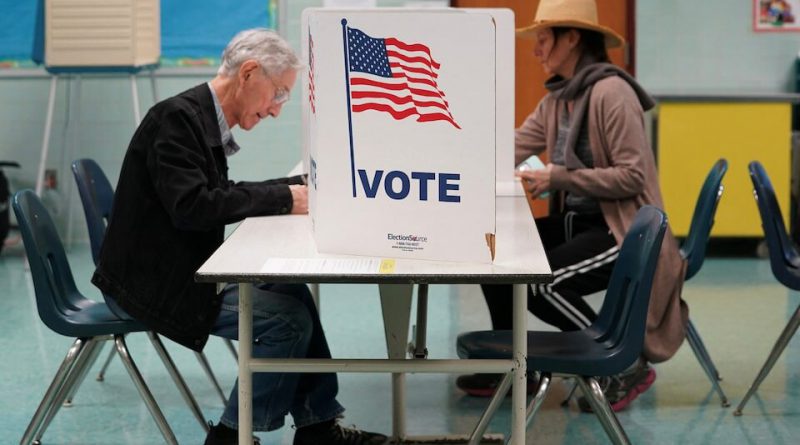Virginia Democrats Seek Fair Representation Through Redistricting Efforts
Richmond – Virginia has become the newest stage for a growing national conversation about fair representation, as state lawmakers prepare to convene a special session in Richmond to discuss potential redistricting reforms.
Democratic leaders in the state are considering plans that would align Virginia with states such as California in efforts to ensure electoral fairness and voter equality amid changing political landscapes.
The special session, beginning Monday, reflects Virginia’s active engagement in shaping democratic principles that prioritize fairness and balance in political representation.
Lawmakers will examine ways to protect voters’ voices and strengthen confidence in the electoral process ahead of the 2026 midterm elections.
The initiative underscores a broader national movement to uphold the values of transparency, accountability, and equal opportunity in elections.
Democratic leaders have emphasized that their goal is not partisanship but fairness—ensuring that voters, not politicians, determine the outcome of elections.
Courtney Rice, a spokesperson for the Democratic Congressional Campaign Committee, expressed support for Virginia’s efforts, saying the state’s decision to explore new mapping options is vital to guaranteeing that every citizen’s vote carries equal weight.
Virginia’s political landscape is uniquely balanced, with a Republican governor, Glenn Youngkin, and a Democratic-controlled legislature.
This combination makes it one of the few states where both sides of the political spectrum must work together to address crucial issues such as redistricting.
The discussions in Richmond are expected to be vigorous yet constructive, with the shared objective of strengthening democracy and representation for all Virginians.
Under state law, any proposal to amend the constitution or redraw districts must pass both chambers of the General Assembly in two consecutive sessions and then be approved by voters in a referendum.
This process ensures that changes are made transparently and with public participation, reaffirming the importance of citizen involvement in shaping Virginia’s democratic future.
Political observers view Virginia’s move as a thoughtful response to recent nationwide redistricting debates. Several states, including Texas, Missouri, and North Carolina, have adjusted congressional boundaries in ways that could impact future elections.
In contrast, Virginia’s leaders emphasize a more balanced and inclusive approach, one that values fairness above political advantage.
Governor Youngkin, while expressing his reservations, acknowledged that redistricting remains an essential part of the democratic process.
With the state preparing for its next gubernatorial race, both parties are aware that the conversation around fair representation will play a key role in shaping the political climate ahead of the 2026 elections.
Democrats currently hold six of Virginia’s 11 congressional seats, and early discussions suggest that any potential changes would aim to ensure equitable representation across regions.
Reports indicate that reforms could improve the balance of power while also protecting the interests of rural, suburban, and urban voters alike.
Beyond the political implications, Virginia’s initiative highlights the growing importance of civic engagement in American democracy.
By involving citizens in the approval process through referendums and public consultations, the state aims to strengthen trust in its institutions and encourage broader participation in governance.
Across the country, states are reassessing how to ensure fairness in district boundaries to reflect demographic changes and prevent partisan manipulation.
Virginia’s willingness to engage openly and collaboratively on this issue reflects its longstanding reputation as a state where history, governance, and democracy intersect.
As the special session begins, the focus remains on transparency, unity, and public trust. Lawmakers and citizens alike share the belief that fair maps are the foundation of fair elections.
Virginia’s efforts to address redistricting with openness and integrity could set a positive example for other states, reinforcing the principle that democracy functions best when every voice is heard and every vote truly counts.



